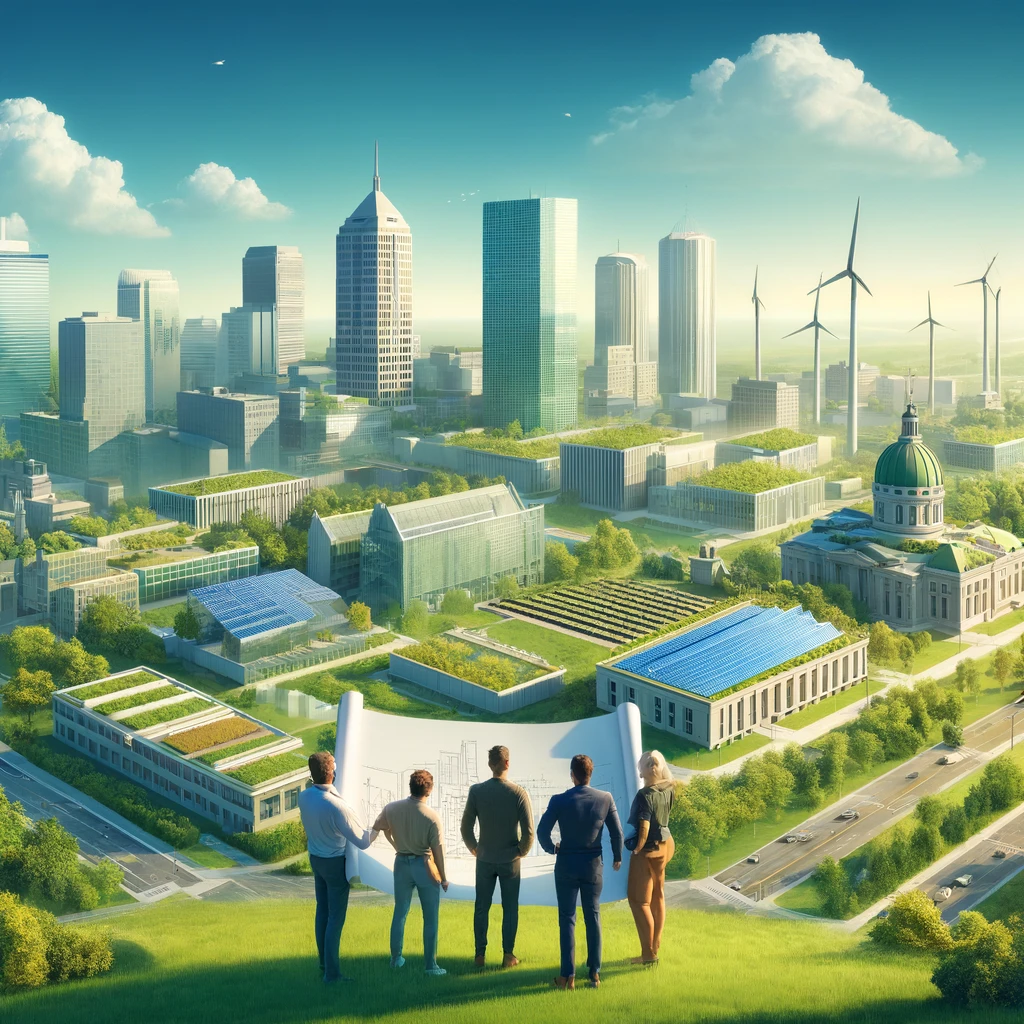Table Of Contents
Role of Education in Promoting Environmental Conservation
Education plays a pivotal role in promoting environmental conservation by raising awareness and fostering a sense of responsibility towards our planet. By incorporating environmental curriculum in schools, students are equipped with the knowledge and skills necessary to understand the impact of human activities on the environment. This helps in shaping future generations who are conscious of the environment and are motivated to take action in preserving it.
Furthermore, by integrating topics such as climate change, renewable energy, and sustainable practices into the educational system, students are encouraged to think critically and explore innovative solutions to environmental challenges. Education not only empowers individuals to make informed choices regarding their lifestyle and consumption patterns but also inspires them to advocate for policies that promote sustainability and protect the environment for generations to come.
Environmental Curriculum in Indiana Schools
Environmental education plays a crucial role in shaping the future generation’s understanding of sustainability and conservation. In Indiana, the integration of environmental curriculum in schools is gradually gaining momentum, with a focus on fostering environmental stewardship among students. By emphasizing topics such as climate change, renewable energy, and biodiversity, schools in Indiana aim to cultivate a sense of responsibility towards the environment from an early age.
The inclusion of environmental studies in the academic curriculum not only enhances students’ knowledge but also equips them with the necessary skills to address environmental challenges in the future. Through hands-on activities, field trips, and interactive learning experiences, Indiana schools are creating a conducive environment for students to explore and engage with environmental issues. By fostering a sense of environmental consciousness and instilling sustainable practices, schools are nurturing a generation of environmentally aware individuals who are poised to contribute positively to the sustainable development of the state.
Innovations in Green Technology and Infrastructure
In recent years, Indiana has seen a surge in innovations in green technology and infrastructure aimed at reducing the state’s carbon footprint and promoting sustainability. One notable development is the increasing implementation of renewable energy sources such as solar and wind power. Companies and communities across the state are investing in solar panel installations and wind farms to harness clean energy and decrease reliance on fossil fuels.
Furthermore, advancements in energy-efficient building designs and sustainable transportation options are becoming more prevalent in Indiana. Architects and engineers are incorporating green building practices such as passive solar design, energy-efficient insulation, and water recycling systems into their projects. Additionally, the state is investing in public transportation infrastructure to encourage the use of buses, trains, and bike-sharing programs as eco-friendly alternatives to traditional car travel.
Sustainable Development Projects in Indiana
Sustainable development projects in Indiana play a crucial role in driving positive environmental change within the state. From renewable energy initiatives to waste management programs, these projects aim to enhance both the environmental quality and economic vitality of Indiana. By focusing on sustainable practices, these projects contribute to a healthier and more resilient future for the state’s residents.
One notable sustainable development project in Indiana is the implementation of green infrastructure to manage stormwater runoff effectively. By utilizing green technologies such as permeable pavements and green roofs, these projects help reduce pollution, mitigate flooding, and improve overall water quality. Such initiatives not only benefit the environment but also enhance the quality of life for communities across Indiana.
Collaboration with NonProfit Organizations
Collaboration with non-profit organizations plays a crucial role in advancing climate action efforts in Indiana. These partnerships bring together the expertise, resources, and networks needed to drive impactful change in the community. Non-profits often spearhead initiatives such as advocacy campaigns, educational programs, and grassroots movements that raise awareness and mobilize individuals towards sustainable practices.
Through collaborations with non-profit organizations, Indiana can leverage a diverse range of perspectives and skills to address the complex challenges posed by climate change. By working together, both governmental bodies and non-profits can amplify their impact, implement innovative solutions, and create a more resilient and sustainable future for the state. This cooperative approach fosters a sense of shared responsibility and collective action in combating climate change at the local and regional levels.
NGO Initiatives for Climate Protection in Indiana
Non-governmental organizations (NGOs) play a crucial role in driving climate protection initiatives in Indiana. These organizations are at the forefront of advocating for sustainable policies and practices to combat climate change. By raising awareness, conducting research, and implementing practical solutions, NGOs contribute significantly to the collective effort of protecting the environment and mitigating the impacts of global warming.
NGOs in Indiana focus on a wide range of climate-related activities, including promoting renewable energy, advocating for sustainable transportation systems, and preserving natural habitats. They work closely with local communities, governmental agencies, and businesses to foster a culture of environmental stewardship. Through their diverse projects and campaigns, these organizations strive to create a more sustainable future for the state and inspire others to take proactive measures in addressing climate change.
FAQS
Does Indiana have a climate action plan?
Yes, Indiana does have a climate action plan in place to address environmental concerns and promote sustainable practices within the state.
What are the key components of Indiana’s climate action plan?
Indiana’s climate action plan includes initiatives focused on reducing greenhouse gas emissions, promoting renewable energy sources, enhancing energy efficiency, and adapting to the impacts of climate change.
How is Indiana collaborating with other stakeholders to implement its climate action plan?
Indiana is collaborating with various stakeholders, including government agencies, non-profit organizations, educational institutions, and private sector entities, to implement and monitor the progress of its climate action plan.
What role does education play in Indiana’s efforts to promote environmental conservation?
Education plays a crucial role in Indiana’s efforts to promote environmental conservation by raising awareness, fostering sustainable practices, and empowering individuals to take action towards protecting the environment.
How can individuals contribute to Indiana’s climate action plan?
Individuals can contribute to Indiana’s climate action plan by adopting sustainable behaviors, supporting renewable energy initiatives, advocating for environmental policies, and participating in community-based conservation projects.

